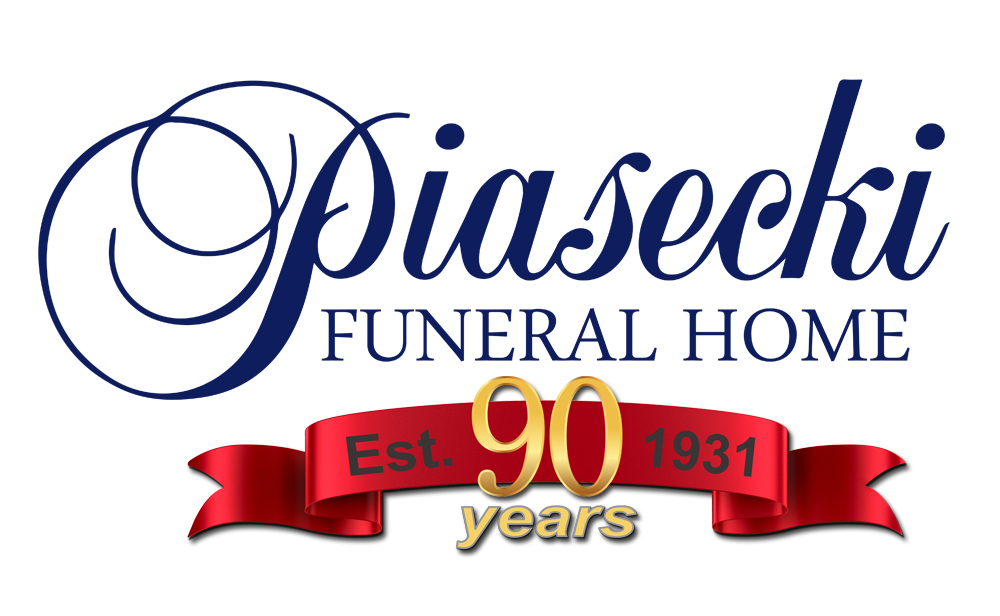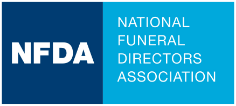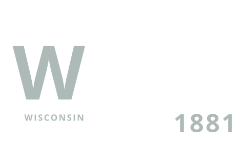Grief is a universal emotion, one that touches the heart of every individual at some point in their lives. Yet, not all forms of grief are acknowledged or validated by society in the same way. One such form of grief, often overlooked and misunderstood, is the grief associated with miscarriages. This is known as “disenfranchised grief.”
What is Disenfranchised Grief?
Disenfranchised grief refers to a loss that is not or cannot be openly acknowledged, publicly mourned, or socially supported. It’s the grief that isn’t always recognized, often because the loss isn’t visible to others or doesn’t fit societal norms of what constitutes a “significant” loss.
The Silent Sorrow of Miscarriage
Miscarriage is a painful experience, both physically and emotionally. For many parents, the joy of learning about a pregnancy is quickly replaced by the heartbreak of loss. Yet, the grief that follows a miscarriage is often silent and unspoken.
There are several reasons for this:
- Societal Expectations: There’s a societal expectation that grief should be reserved for losses that are visible, like the death of a loved one who lived outside the womb.
- Lack of Rituals: Unlike other losses, there are no established rituals for mourning a miscarriage. There are no funerals, no memorial services, and often, no grave to visit.
- Private Pain: Many couples choose not to announce their pregnancy until after the first trimester, precisely because of the risk of miscarriage. As a result, many suffer their loss in private, without the broader community even being aware of their pain.
Validating the Grief
It’s essential to understand that the grief felt after a miscarriage is real and valid. Every individual’s experience with grief is unique, and there’s no right or wrong way to mourn. Here are some ways to support someone going through this:
- Acknowledge the Loss: Simply acknowledging the loss can mean the world to someone grieving a miscarriage. A simple “I’m sorry for your loss” can go a long way.
- Listen: Allow them to share their feelings without judgment. Sometimes, a listening ear is all that’s needed.
- Offer Support: Whether it’s helping with household chores, offering a meal, or just being there, your support can make a difference.
Seeking Support
Every year, on October 15th, we observe National Pregnancy and Infant Loss Remembrance Day. It’s a day dedicated to recognizing and honoring the heartbreaking losses of pregnancies and infants, a pain that many families silently bear. This day serves as a poignant reminder that every loss, no matter how early or unseen, is significant and deserves to be mourned and remembered. If you or someone you know is grappling with the heartbreak of a miscarriage, it’s essential to recognize that you’re not isolated in this journey. Numerous support groups and professionals are dedicated to assisting individuals and couples in processing the intricate web of emotions tied to pregnancy loss.
At Piasecki Funeral Home, we deeply comprehend the magnitude of every kind of loss, especially the quiet anguish of miscarriage. Our commitment stems not just from our professional role but from a personal place as well. As a family-run funeral home, we’ve faced the shadows of our own disenfranchised grief. We’re intimately acquainted with the fears, the profound sadness, and the often-overlooked mourning that ensues after a miscarriage.
We’ve walked this path ourselves, understanding the profound ripple effects such a loss can have on one’s persona, relationships, and even the bonds of marriage. Recognizing and acknowledging this type of loss has been invaluable to us, and we’re driven by a deep-seated calling to extend our support to others in similar situations. We’re here, ready to stand beside you, offering a compassionate hand because we truly know the terrain. We’re driven by our own experiences to assist you through this challenging time.

Estamos aquí para ayudarle en el proceso de atención al final de la vida.
Ron Nelson es nuestro experto en planificación previa, listo para ayudarle cuando usted lo esté.
Llame a Ron al 262-658-4101 o envíele un correo electrónico a [email protected].








